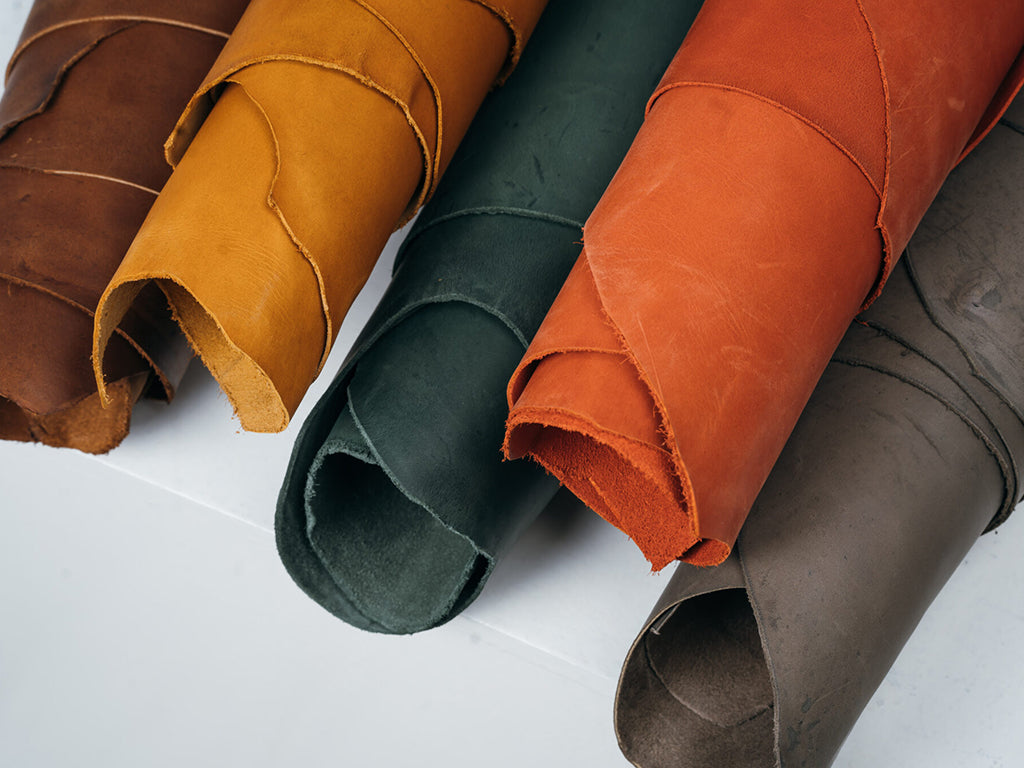Climate Change in Ethiopia
The need to preserve the environment has become very important now more than ever. Like all countries across the world, Ethiopia is experiencing the adverse effects of climate change as a result of poor environmental management.
Globally, solid waste going to landfill is increasing, and about 4 million tons of solid waste is generated by leather industries every year. In addition, poor solid waste management will lead to serious environmental problems like acidification and global warming.
Kabana acknowledges it has a role to play in preserving the environment and that is the reason we take a holistic approach to doing business; ensuring that our production adheres to environmental standards.

Kabana's Measures Due to the Climate Crisis.
Kabana works on ensuring that the lifecycle of our bags is extended by using durable materials for production. Majority of our bags are produced with vegetable leather which undergoes a natural tanning process. The leather used for production is of the highest quality that lasts a lifetime. Kabana does not produce fast fashion products that go out of fashion quickly and get disposed off quickly, rather we invest in designs that are classical and can be worn during all seasons. We use non harmful chemicals that do not harm the organisms in the water when our waste water is mixed with rivers and later oceans.
Furthermore, we use canvas that is locally produced from organically sourced cotton and is durable and environmentally friendly. Our accessories are made from brass that is both durable and beautiful.
In order to minimise landfill, we up-cycle waste leather and make products like carpets, ladies sandals and Cinderella shoes. Smaller leather waste is used to make wallets, key holders and other small leather strap elements such as jean labels and leather jewellery. We also make shopping bags made of canvas with up-cycled leather straps. Furthermore, we collect old leather jackets and recycle them into leather bags. We also use accessories made from up-cycling animal horns.

Kabana also vets its suppliers and only sources raw materials from suppliers who practice principles of sustainability such as recycling wastewater, waste material in the production cycle. We ensure that our suppliers have certification as proof that they adhere to environmental standards. Our main suppliers include HAFDE Ethiopian leather which supplies chrome free sheep and goat leather as well as vegetable tanned leather; Almeda textiles, YKK Corporation supplying full brass zipper teeth and textile ribbon which models compliance based on a philosophy based on a cycle of goodness; and Buckleguy which supplies full brass hardware accessories made from vegetable tanned leather and cork fabric.
We decrease our carbon foot print by sourcing 92% of our raw materials locally and decreasing significantly our import. Most of our raw materials are transported by road, while accessories are imported by means of air transport. Currently, these remain the most efficient means to transport our raw materials but we continue to explore more environmentally friendly options.
Kabana also joined the Greening Ethiopia nationwide tree planting campaign to contribute to the government’s plan to tackle climate change. To this end, we collaborated with the city government in Addis Abeba to plant 30 trees in Jemo area and Arada sub city areas in August 2020 and in September 2020, we planted an additional 136 trees. Ethiopia has lost billions of trees and forest resources because of a lack of awareness around afforestation and sustainable development. We plan to continue to plant trees together as part of our commitment to a greener more friendly environment.

